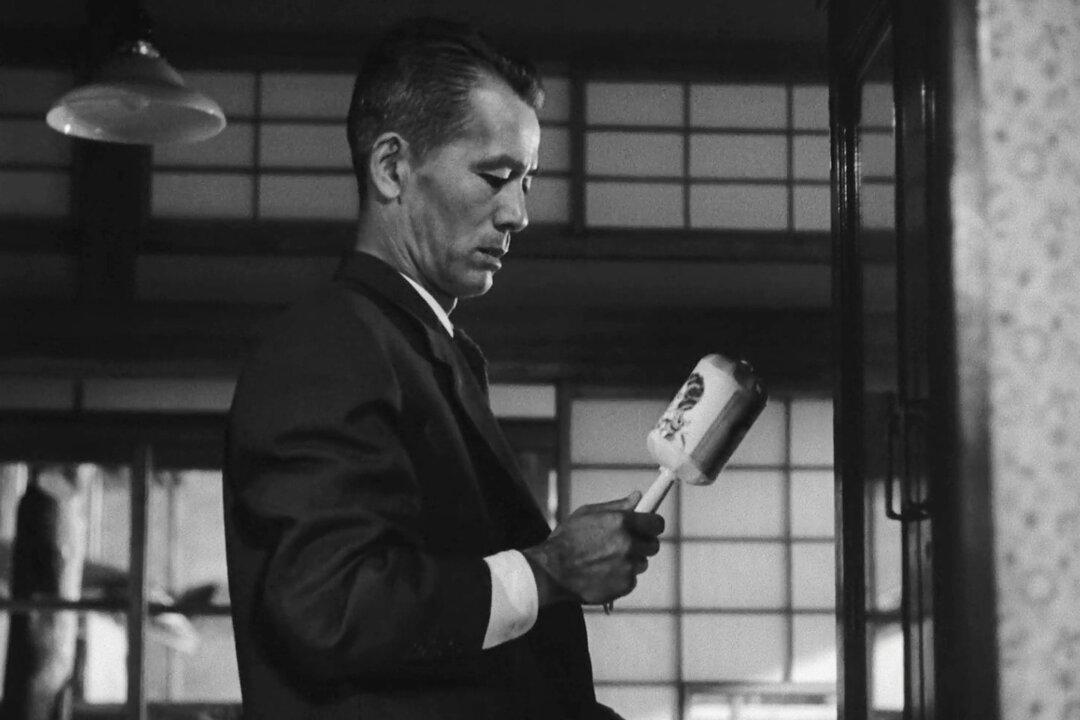NR | 2h 20m | Drama | 1972
I recently watched “After the Storm,” a poignant Japanese family drama by Hirokazu Koreeda about a washed-up author turned private detective. The writer squanders his earnings on gambling while struggling to reconnect with his estranged family. The story reminded me of another director: Yasujiro Ozu.






